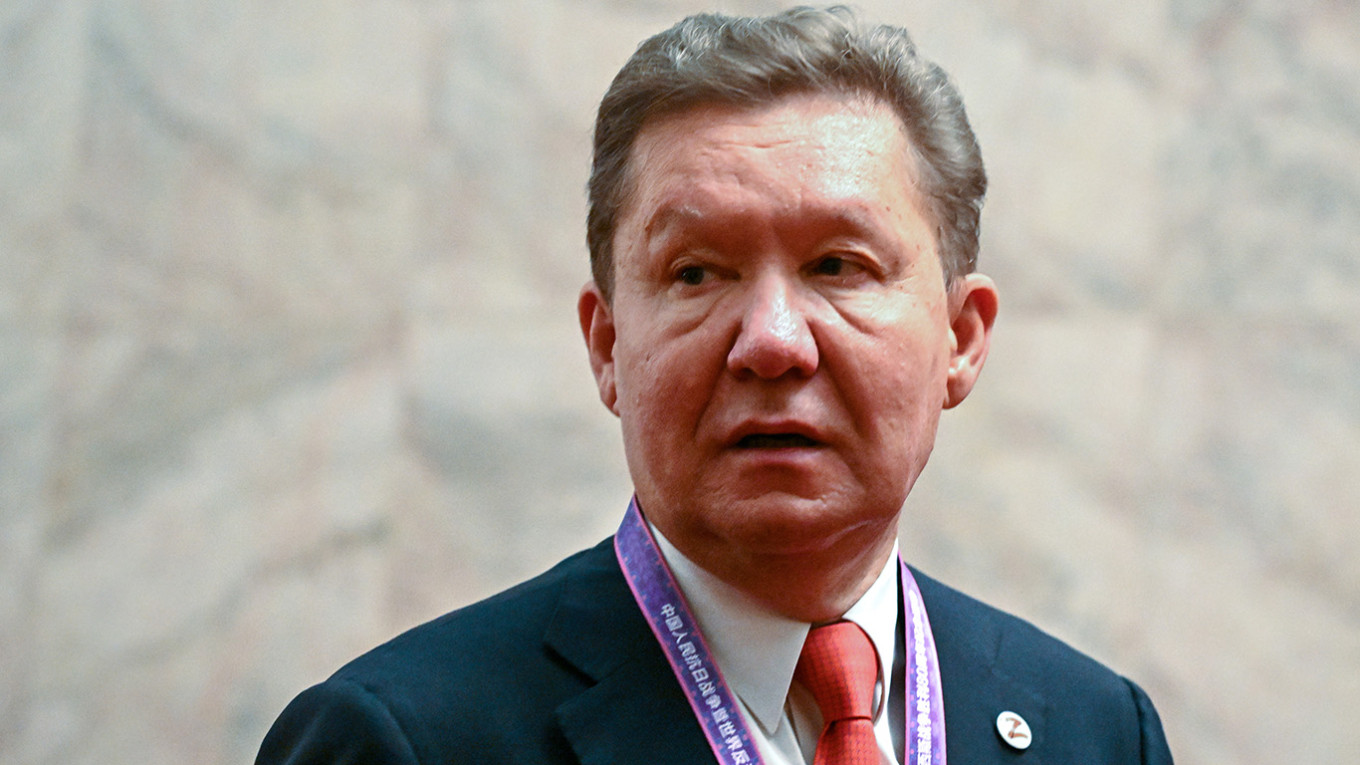On Tuesday, Russia and China finalized a “legally binding” memorandum aimed at progressing the development of the long-procrastinated Power of Siberia 2 pipeline. This initiative is set to reinforce Beijing’s status as Moscow’s primary energy partner, compensating for the decline in European markets.
This agreement was part of four that were established between Russia’s state-owned energy company Gazprom and the China National Petroleum Corporation, as revealed by Gazprom’s CEO, Alexei Miller, during a press conference.
Miller asserted, “This will become the largest, most ambitious, and most capital-intensive venture in the global gas sector.”
The combined initiatives are projected to deliver as much as 106 billion cubic meters of Russian natural gas to China annually, according to the Interfax news agency. Prior to its full-scale invasion of Ukraine in 2022, Russia exported over 150 billion cubic meters of gas every year to European nations.
President Vladimir Putin initially proposed the $13.6 billion pipeline project to Chinese President Xi Jinping in 2022. This pipeline, which aims to supply 50 billion cubic meters of gas each year to northwestern China, had faced delays due to extended discussions surrounding pricing and supply volumes.
Earlier reports indicated that Beijing was inclined to commit to only a portion of the pipeline’s capacity and at significantly reduced domestic rates from Russia. The signing ceremony held in Beijing, which was attended by both Putin and Xi, signified the first formal commitment to advance the project.
Miller mentioned that the specific launch date and pricing terms still require negotiation. He also highlighted that the original Power of Siberia pipeline, which began operations in 2019, was completed five years after its inception and ahead of schedule.
In addition, Gazprom agreed to boost annual deliveries through the existing Power of Siberia pipeline, which extends from eastern Siberia, increasing shipments from 38 billion cubic meters to 44 billion. The Power of Siberia 2 is anticipated to operate for 30 years, traversing Mongolia via the Soyuz Vostok transit line.
China has already reaped the benefits of significantly reduced prices for Russian oil, coal, and gas exports as Moscow aims to mitigate the impact of losing its European energy clientele.

